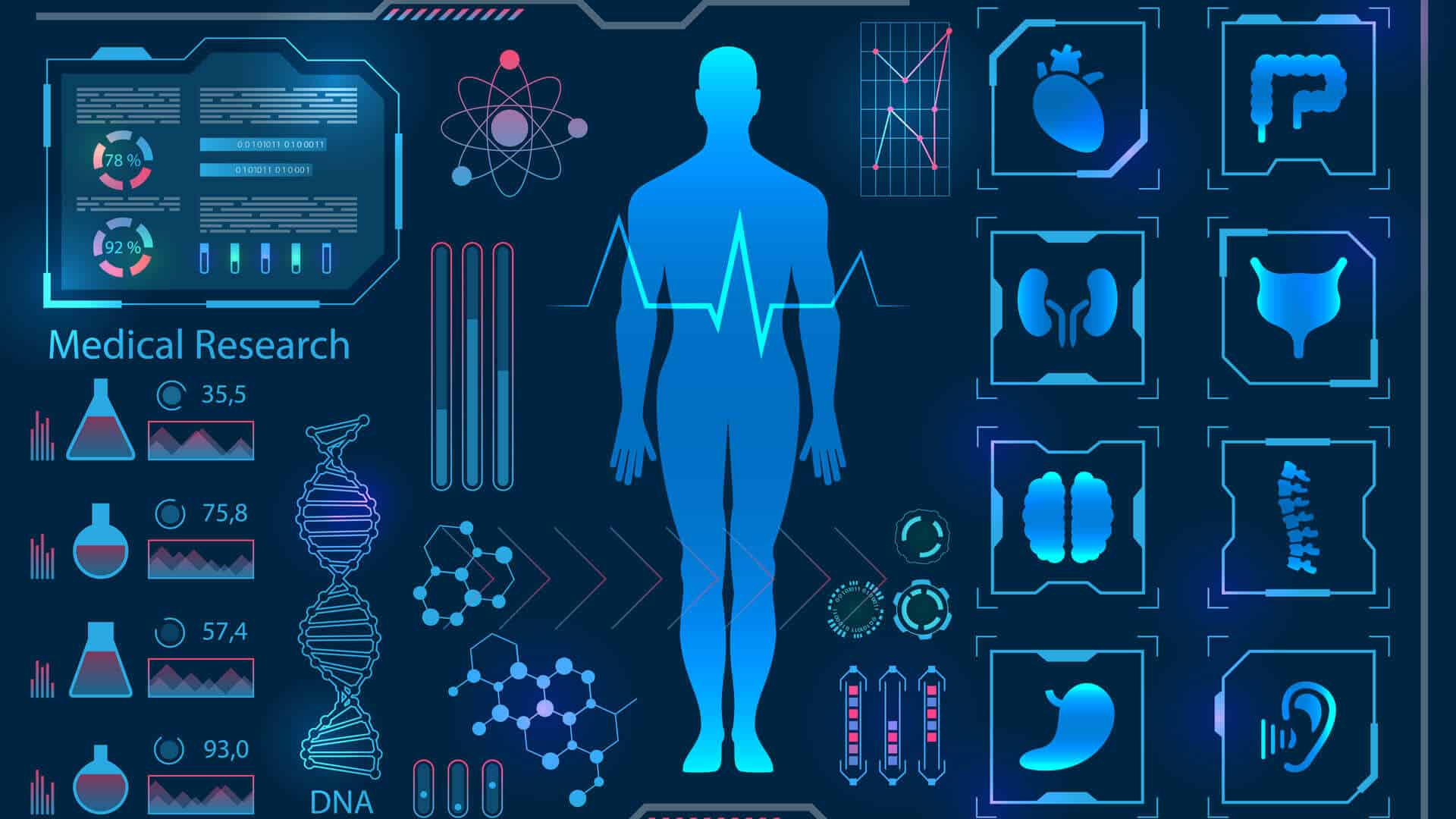
AI’s New Frontier: Advancing Healthcare through Precision MedicineAI’s New Frontier: Advancing Healthcare through Precision Medicine Artificial intelligence (AI) has emerged as a transformative force in healthcare, with its potential to revolutionize the way we diagnose, treat, and prevent diseases. A particularly promising application of AI is in the field of precision medicine, which aims to tailor medical interventions to the individual characteristics of patients. What is Precision Medicine? Precision medicine is an approach that considers a patient’s genetic, environmental, and lifestyle factors to develop personalized treatment plans. By leveraging data-driven insights, healthcare providers can identify the most effective interventions for each individual, improving patient outcomes and reducing healthcare costs. AI’s Role in Precision Medicine AI plays a crucial role in precision medicine by: * Analyzing large datasets: AI algorithms can sift through massive amounts of patient data, including genetic information, medical history, and lifestyle habits, to identify patterns and make predictions. * Identifying genetic variants: AI tools can analyze a patient’s genome to identify specific genetic variants that may influence their disease risk or response to treatment. * Tailoring treatment plans: By combining genetic information with other data, AI can help healthcare providers create personalized treatment plans that optimize efficacy and minimize side effects. * Developing new therapies: AI can accelerate the development of new drugs and therapies by identifying promising targets and predicting their effectiveness. Benefits of AI in Precision Medicine The adoption of AI in precision medicine offers a wide range of benefits, including: * Improved patient outcomes: Personalized treatments based on genetic and other factors lead to better health outcomes and increased quality of life. * Reduced healthcare costs: By targeting interventions to those who will benefit most, AI can reduce unnecessary treatments and healthcare expenditures. * Enhanced patient engagement: Patients can become more actively involved in their own health by understanding their genetic predispositions and participating in personalized care plans. * Accelerated drug development: AI can streamline clinical trials and identify potential therapeutic candidates more efficiently, speeding up the development of new treatments. Challenges and Future Directions While AI holds tremendous promise in precision medicine, there are still challenges to be addressed, such as: * Data quality and accessibility: Ensuring access to high-quality and comprehensive patient data is essential for accurate AI analysis. * Ethical considerations: AI-based decision-making algorithms must be transparent, unbiased, and accountable. * Clinical validation: AI tools need to be rigorously tested and validated to ensure their reliability and clinical impact. Looking ahead, the future of AI in precision medicine is bright. As technology advances and data becomes more accessible, AI will continue to play an increasingly vital role in improving patient care, reducing healthcare costs, and unlocking new frontiers in medical research.
Posted inNews